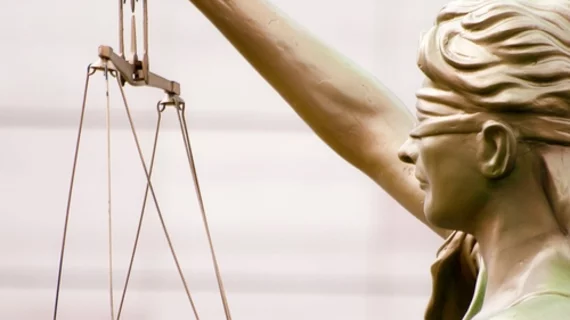Radiology provider loses court battle with competitor over certificate of need for MRI
A North Carolina radiology provider lost its attempt to block a competitor from operating an MRI scanner that the imaging practice says was obtained through a legal loophole.
Wake Radiology Diagnostic Imaging argued in court that the Bone and Joint Surgery Clinic acquired its certificate of need for a whole-body MRI machine without going through the standard processes. The Raleigh, North Carolina, orthopedic center gained state approval for a new, advanced machine after its original scanner was destroyed in a move. It never had to compete with other healthcare providers for the COD.
In a unanimous decision filed Tuesday, Oct. 5, Judge Richard Dietz rejected Wake Radiology’s argument. Despite Dietz using the term “loophole” to describe aspects of this case nearly two months ago, he said it is the court’s job to decipher laws on paper, not to speculate about possible consequences.
“There is a fatal flaw in this policy argument: The role of the courts is to interpret statutes as they are written,” Dietz wrote in the opinion. “We cannot reject what is written to avoid a loophole that we, or the parties in a lawsuit, believe might undermine the legislature’s policy goals.”
Carolina Journal first reported on the case here. You can read the court’s full decision here.

